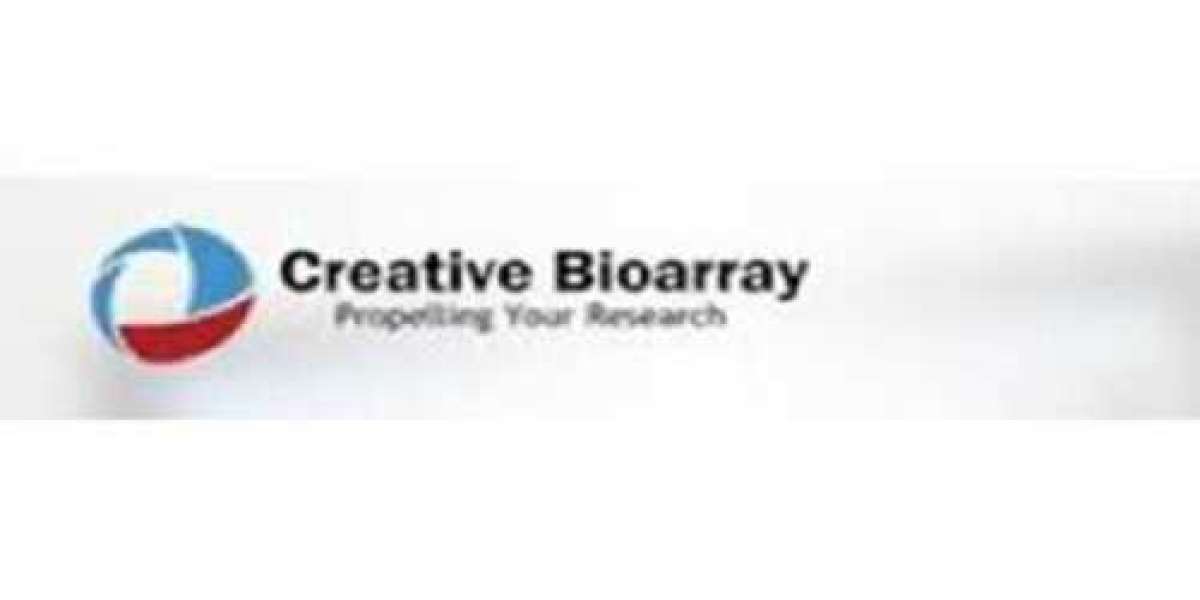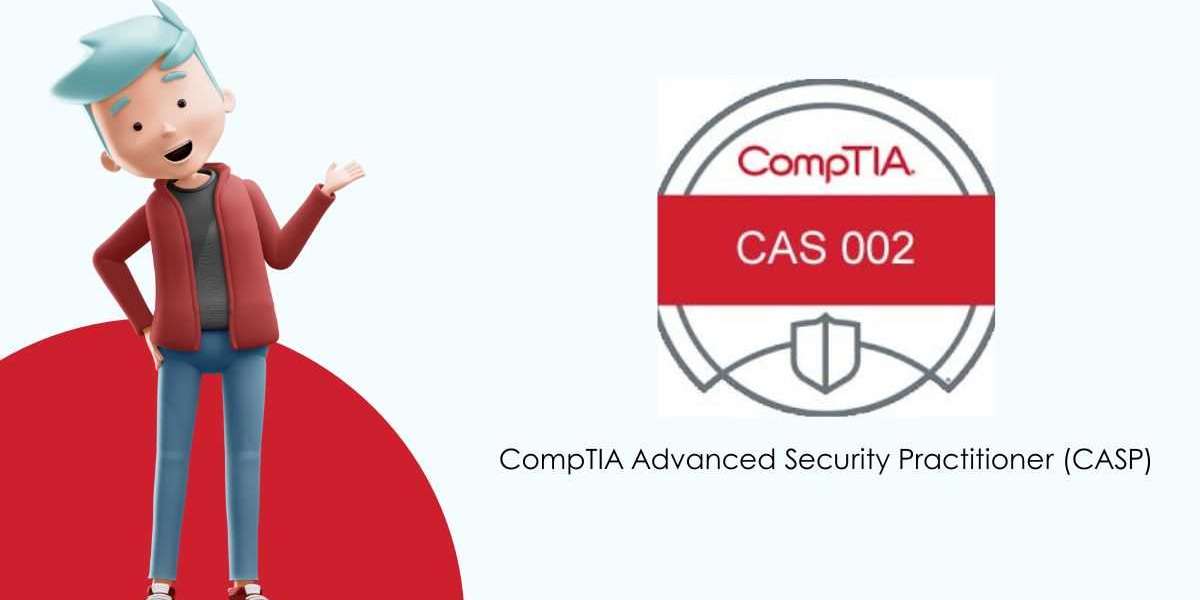Laser capture microdissection (LCM) is an automated sample preparation technique that allows the identification of specific substructures or cell types and their precise removal from the original tissue without causing damage. LCM has important advantages over other techniques for cell purification, especially in terms of precision, speed, simplicity and archiving capabilities. This technique of isolating pure samples from heterogeneous mixtures enables more efficient and accurate downstream microgenomics applications such as PCR, Sanger sequencing, next generation sequencing, proteomics and gene expression analysis.
Creative Bioarray is an expert in isolating specific cell populations from tissue sections using LCM and performing subsequent gene expression or DNA genotyping analysis. LCM, coupled with our ability to evaluate very limited quantities of RNA, can be used for target discovery, biomarker and safety assessment applications.
Laser Capture Microdissection (LCM/LMD) Associated Contract Research Services:
- Frozen and FFPE sample LCM/LMD
- Immunoguided LCM/LMD
- Live cell microdissection
- Downstream analysis of dissected samples
Highlights of Our Services:
- Collect a pure cell population from an heterogeneous sample
- Obtain enough materials for your downstream analysis
- Maintain perfect integrity of your biomolecules
- Obtain reproductible analysis
- Laser capture microdissection services are under quality management procedures
- Targeted cells or aeras are "fixed" on a support, allowing visual control after isolation from an heterogeneous tissue
LCM is an effective method of collecting selected cells for DNA, RNA and/or protein analyses. LCM can also be used in frozen and paraffin-embedded tissues, as well as a variety of tissue samples including blood smears, cytologic preparations, cell cultures and liquors of solid tissue. Our experts have developed highly sensitive proprietary techniques for analyzing these samples and will provide guidance to clients to ensure optimal gene expression profiling.








